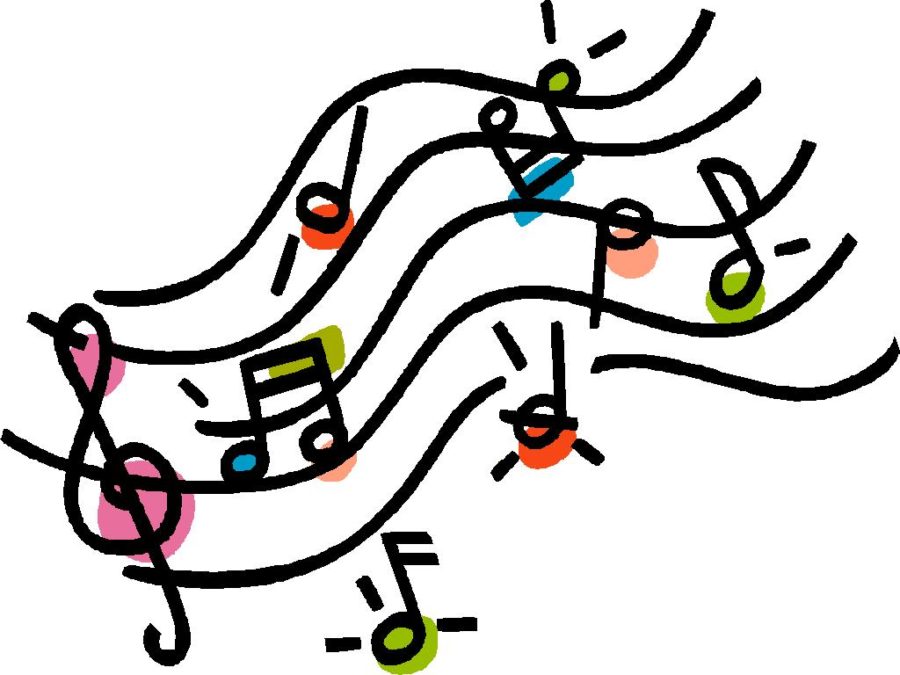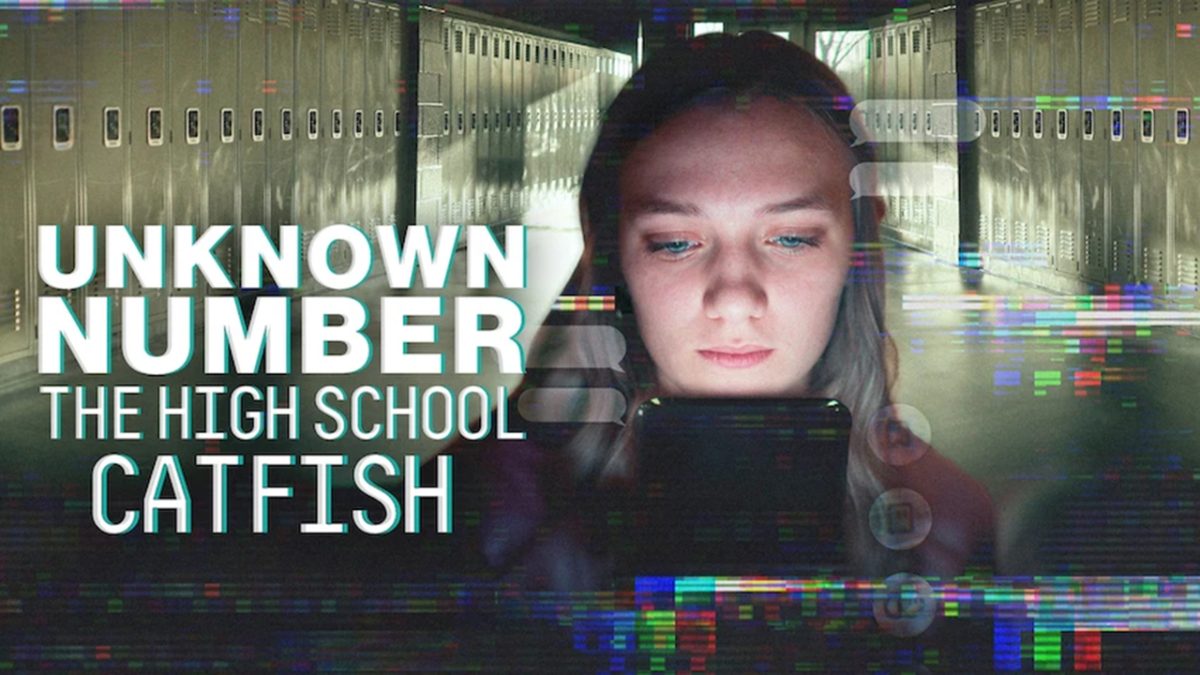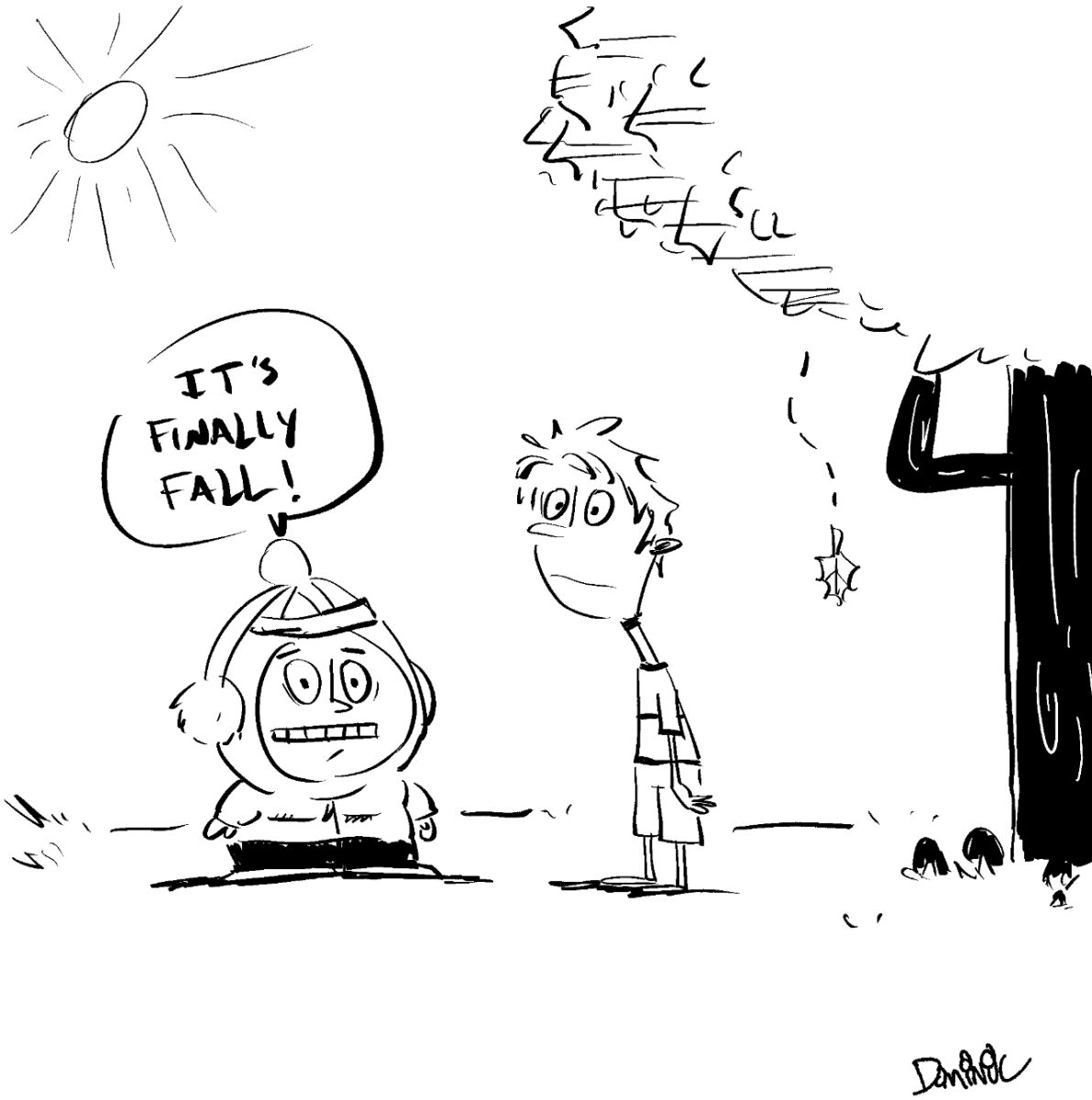Music: More Than a Stream of Notes and Lyrics
October 10, 2019
It’s no surprise that an individual’s surroundings can majorly impact their views of the world. You hear all about the detrimental effects of violent video-games on the news practically every day: stories about protective mothers petitioning against electronic games showcasing guns and brutal murders. Or even with television–most parents monitor the shows their children watch to prevent them from seeing violent or sexual content. Why? Because these sources will often influence a child’s impressionable beliefs. While this supervision may seem extensive to some, it is necessary for a good upbringing. But why isn’t anyone talking about music?
Listening to your favorite tunes is a part of everyday life. Walking to school, driving to work, studying for a test–everyone is plugged in. The older generations may only seldom listen, but for generation Z, it’s a part of everyday life. It’s rare to see a teenager in public without headphones on full blast. And at this stage of crucial development, it’s imperative to monitor their choices. Kids are especially susceptible to what they hear and see.
It’s ultimately ironic. Parents will exaggerate the harmful nature of certain aspects of popular entertainment, but will completely overlook the more pressing parts. For example, a student who wished to remain anonymous told me that their parents forbid them to watch the newest horror film, IT Chapter 2, but they have no regulations whatsoever on music. When asked about the type of genres they listen to, the student admitted to most of their songs relating to drugs, sex, and alcohol. This teenager’s guardians refuse to let them watch a movie about a fictional clown, but are unknowingly granting them access to negative influences.
I’m not saying this is a “monkey see, monkey do” situation, but, to an extent, it is. Listening to music about these touchy topics normalizes it. If you constantly play a song on repeat about a rapper’s intense party over the weekend involving drugs, sex, and alcohol, those things will become acceptable to you. Almost familiar.
And there’s also the issue of morals. How these artists view the world and treat others in it can begin to warp your own beliefs. Take feminism for example. Doesn’t it seem nowadays that women are just valued for their outward appearance? What happened to loving women for their personalities? Pop music has had a lot of influence on this.
In 2010, Bruno Mars released his song called “Just The Way You Are,” only 9 years ago. In this song, he talks about loving his girl just the way she is, not caring about how she looks, stating “There’s not a thing that I would change ’cause you’re amazing. Just the way you are.” Now take Drake’s new album, “Scorpion,” just released last year. I’d insert a quote from one of his songs to further support my point, but quite frankly, all the songs were so derogatory toward women that it’d be offensive to cite. It’s music like this that is damaging our teens’ values. When their favorite artist speaks to women like this, it’s easy to understand why they’d do the same. Now I don’t have anything against listening to Drake or any similar music, but it’s important that teens know right from wrong and listen to their conscience instead of just mindlessly following others.
In the midst of all the negatives in this article, it is important to remember the plus side of listening to positive music. In some cases, listening to one’s favorite tunes can serve as a stress reliever. It can be used as a way to reflect one’s emotional state, particularly when feeling “down” or lonely, or a stimulant to boost energy and confidence. Music can negatively impact one’s emotional state and personality, but if utilized the right way, it can be really uplifting. I’m not advocating for completely prohibiting music, just remembering to be careful. You are what you listen to.












